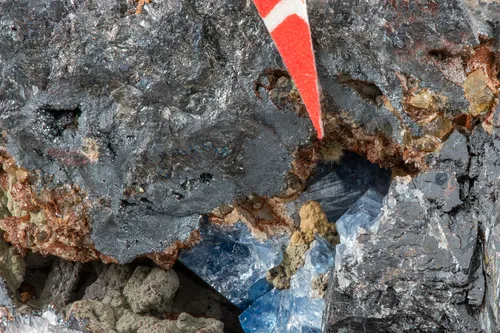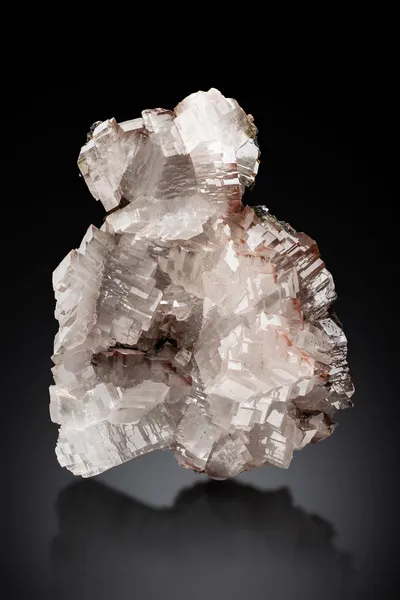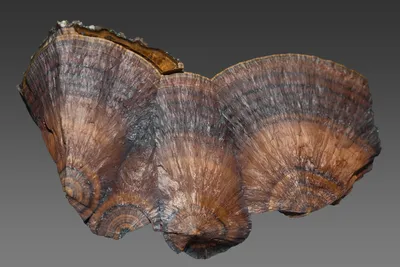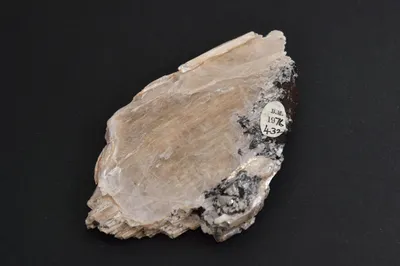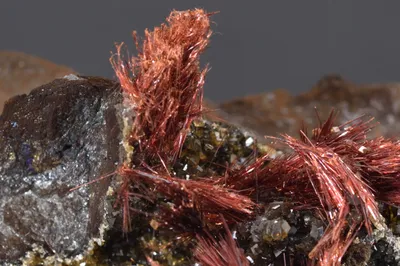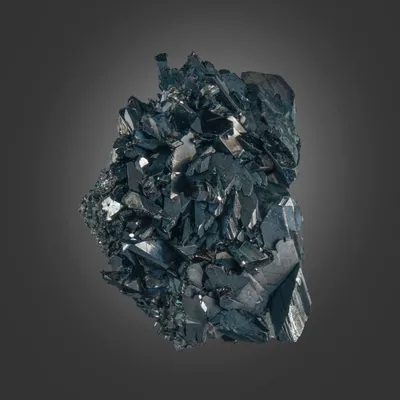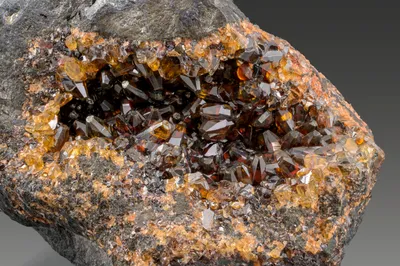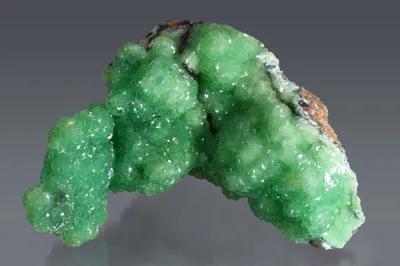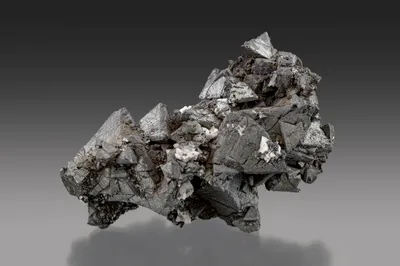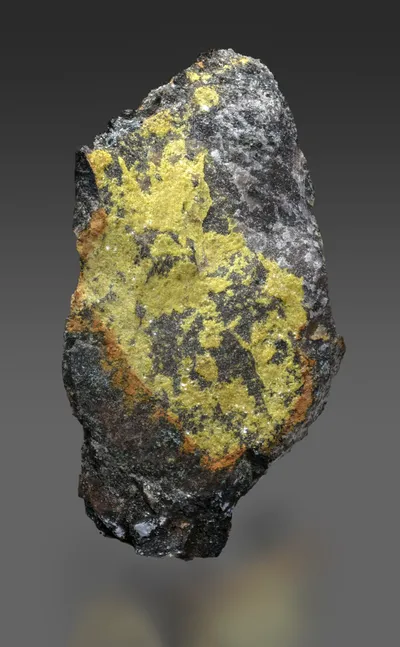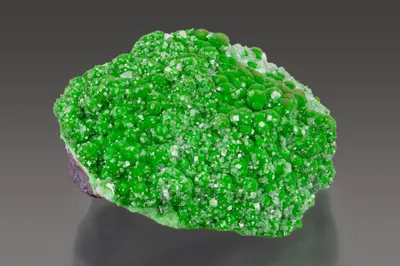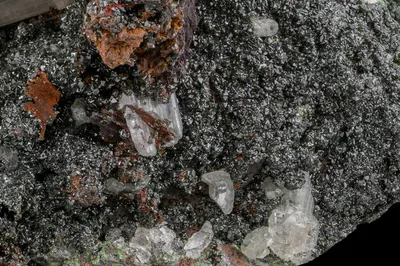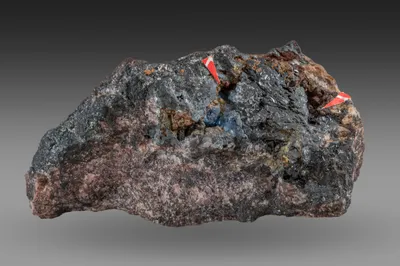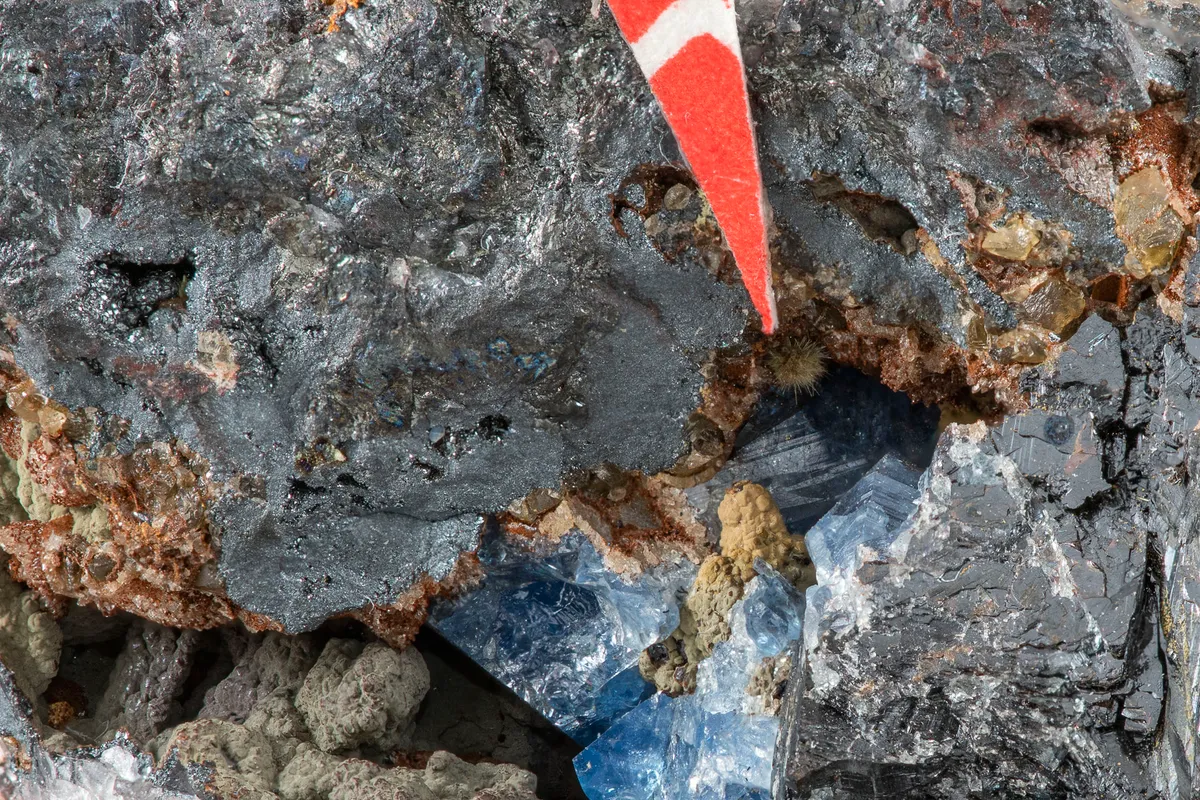
Image Credit: Stephen Rust
Mineral Species
Ojuelaite
Type Locality
No
Composition
ZnFe3+2(AsO4)2(OH)2·4H2O
Crystal System
Monoclinic
Status at Tsumeb
Confirmed
Abundance
Extremely rare
Distribution
Second oxidation zone
Paragenesis
Supergene
Entry Number
Species; TSNB257
General Notes
Ojuelaite occurs as bundles (to 2 mm) or radiating sprays (c. 1 mm) of fibrous, silky, yellow to olive-green crystals in small cavities associated with goethite and smithsonite (Keller and Bartelke 1982) or with hematite, scorodite, and schneiderhöhnite in partly oxidised tennantite-rich ore.
Keller and Innes (1986) noted an occurrence of ojuelaite from the West 40 Stope on 32 Level where they also found betpakdalite, paradamite and pharmacosiderite.
A specimen of ojuelaite from the Lammer Collection, obtained by Lammer in Tsumeb in 1984 and now in the Southwood Collection (MS2015.081), includes sprays and bundles of ojuelaite associated with scorodite, siderite, schneiderhöhnite, arseniosiderite and goethite in a vug in sulphide ore; partings in the sulphide also host minor leiteite and ludlockite.
A specimen in the Feinglos Collection at Harvard University (MGMH 2022.4.3911L) shows a completely different paragenesis in which ojuelaite is associated with smithsonite and conichalcite-duftite on a matrix rich in goethite and calcite.
Associated Minerals
arseniosiderite; betpakdalite-CaCa (?); calcite; conichalcite-duftite; goethite; hematite; leiteite; ludlockite; paradamite; pharmacosiderite; quartz; schneiderhöhnite; scorodite; siderite; smithsonite; tennantite-(Zn)
